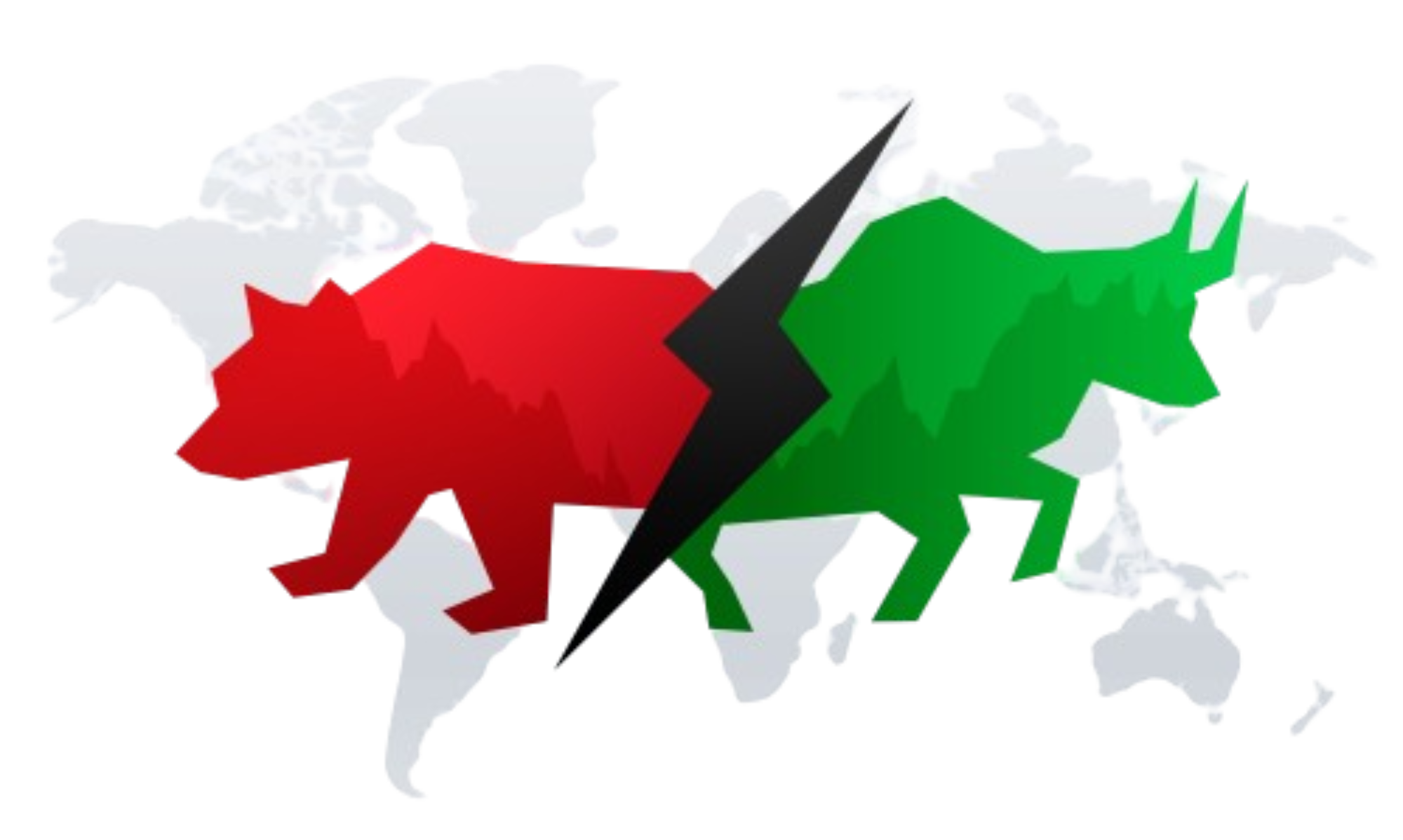Bombay Stock Exchange was founded by Premchand Roychand in 1875.[12] While BSE Limited is now synonymous with Dalal Street, it was not always so. In the 1850s, five stock brokers gathered together under a Banyan tree in front of Mumbai Town Hall, where Horniman Circle is now situated.[13] A decade later, the brokers moved their location to under the banyan trees at the junction of Meadows Street and what was then called Esplanade Road, now Mahatma Gandhi Road. With a rapid increase in the number of brokers, they had to shift places repeatedly. At last, in 1874, the brokers found a permanent location, the one that they could call their own. The brokers group became an official organization known as “The Native Share & Stock Brokers Association” in 1875.[14]
On 12 March 1993, a car bomb exploded in the basement of the building during the 1993 Bombay bombings.[15] The BSE is also a Partner Exchange of the United Nations Sustainable Stock Exchange initiative, joining in September 2012.[16] BSE established India INX on 30 December 2016. India INX is the first international exchange of India.[17] BSE became the first stock exchange in the country to launch commodity derivatives contract in gold and silver in October 2018.[18]
BSE was demutualized and corporatized on 19 May 2007, pursuant to the BSE (Corporatization and Demutualization) Scheme, 2005 notified by SEBI.[19][20] It was listed on NSE on 3 February 2017.[21][22][a]
